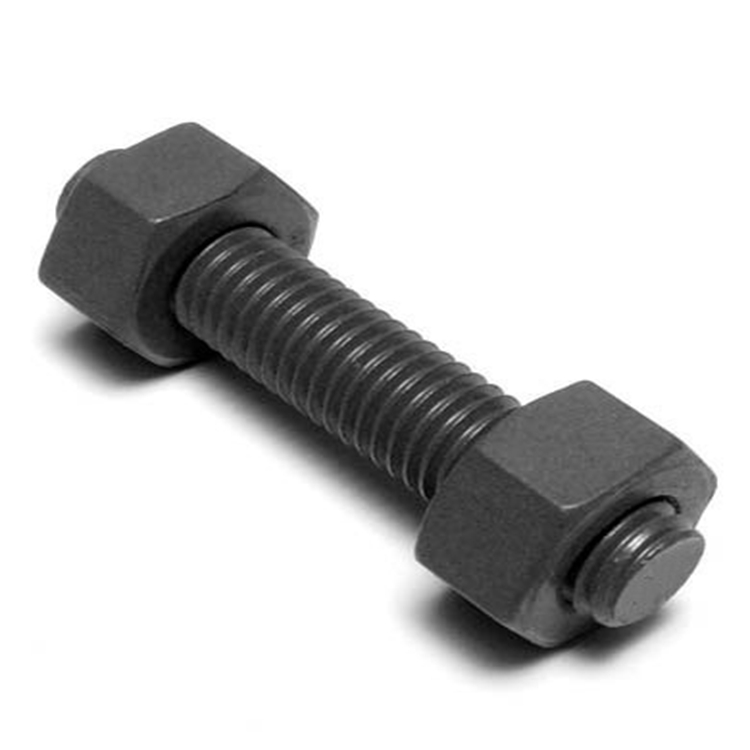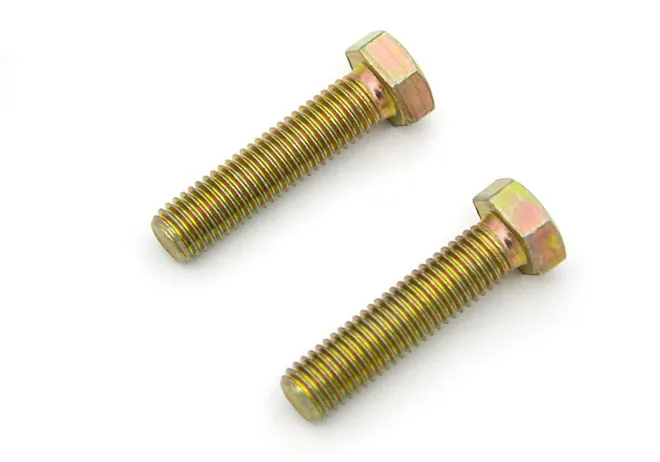diving board bolts
Feb . 10, 2025 09:47 Back to list
diving board bolts
Diving boards provide an exhilarating plunge into pools, enhancing the swimming experience with an element of adventure. However, ensuring safety begins with the correct installation of diving board bolts. This article delves into the intricate aspects of these bolts, shedding light on product selection, industry standards, and installation expertise to ensure optimal safety and performance.
The experience of installation professionals plays a vital role in this process. Certified installers, equipped with the latest tools and techniques, ensure that diving board bolts are securely fastened, mitigating any potential risks associated with improper installation. An expert installation not only secures the bolts but also involves regular maintenance checks. Over time, bolts can loosen due to vibrations and dynamic loads; thus, an annual inspection is recommended to check for signs of wear or loosening. Understanding the nuances of diving board bolt installation also involves addressing climate-related considerations. For instance, in regions with freezing temperatures, the expansion and contraction of materials can affect bolt integrity. Options such as cold-weather-grade materials or alternative fastening solutions might be necessary to maintain the secure attachment in varying conditions. Lastly, building trust with end-users through transparent communication about the maintenance and check-ups leads to sustained performance and safety. Users should be informed about the need to regularly inspect the bolts and board for any signs of fatigue, wear, or corrosion. A trust-based relationship encourages users to take proactive steps, ensuring their equipment not only lasts longer but continues to provide safe enjoyment over time. In conclusion, mastering the intricacies of diving board bolts involves meticulous product selection, adherence to industry standards, expert installation, and regular maintenance. These components are vital to the safety and functionality of a diving board. Through expert knowledge and diligent care, users can ensure a seamless balance of thrill and safety each time they take the plunge.


The experience of installation professionals plays a vital role in this process. Certified installers, equipped with the latest tools and techniques, ensure that diving board bolts are securely fastened, mitigating any potential risks associated with improper installation. An expert installation not only secures the bolts but also involves regular maintenance checks. Over time, bolts can loosen due to vibrations and dynamic loads; thus, an annual inspection is recommended to check for signs of wear or loosening. Understanding the nuances of diving board bolt installation also involves addressing climate-related considerations. For instance, in regions with freezing temperatures, the expansion and contraction of materials can affect bolt integrity. Options such as cold-weather-grade materials or alternative fastening solutions might be necessary to maintain the secure attachment in varying conditions. Lastly, building trust with end-users through transparent communication about the maintenance and check-ups leads to sustained performance and safety. Users should be informed about the need to regularly inspect the bolts and board for any signs of fatigue, wear, or corrosion. A trust-based relationship encourages users to take proactive steps, ensuring their equipment not only lasts longer but continues to provide safe enjoyment over time. In conclusion, mastering the intricacies of diving board bolts involves meticulous product selection, adherence to industry standards, expert installation, and regular maintenance. These components are vital to the safety and functionality of a diving board. Through expert knowledge and diligent care, users can ensure a seamless balance of thrill and safety each time they take the plunge.
Next:
Latest news
-
Unlocking Industrial Strength: The Complete Guide to Better Bolts
NewsNov.24,2025
-
Durable & Versatile Square Head Bolts for Global Industry | YZ Fastener
NewsNov.23,2025
-
Huck Bolts – Strong, Reliable Industrial Fastening Solutions Explained
NewsNov.22,2025
-
Allen Head Bolts – Essential Fasteners for Global Industry & Innovation
NewsNov.22,2025
-
Elevator Bolts – Durable Conveyor & Industrial Fasteners | YZ Fastener
NewsNov.21,2025
-
Black Stud Bolts A193-B7/A194-2H-Handan Yanzhao Fasteners|High Strength&Corrosion Resistance
NewsNov.21,2025
